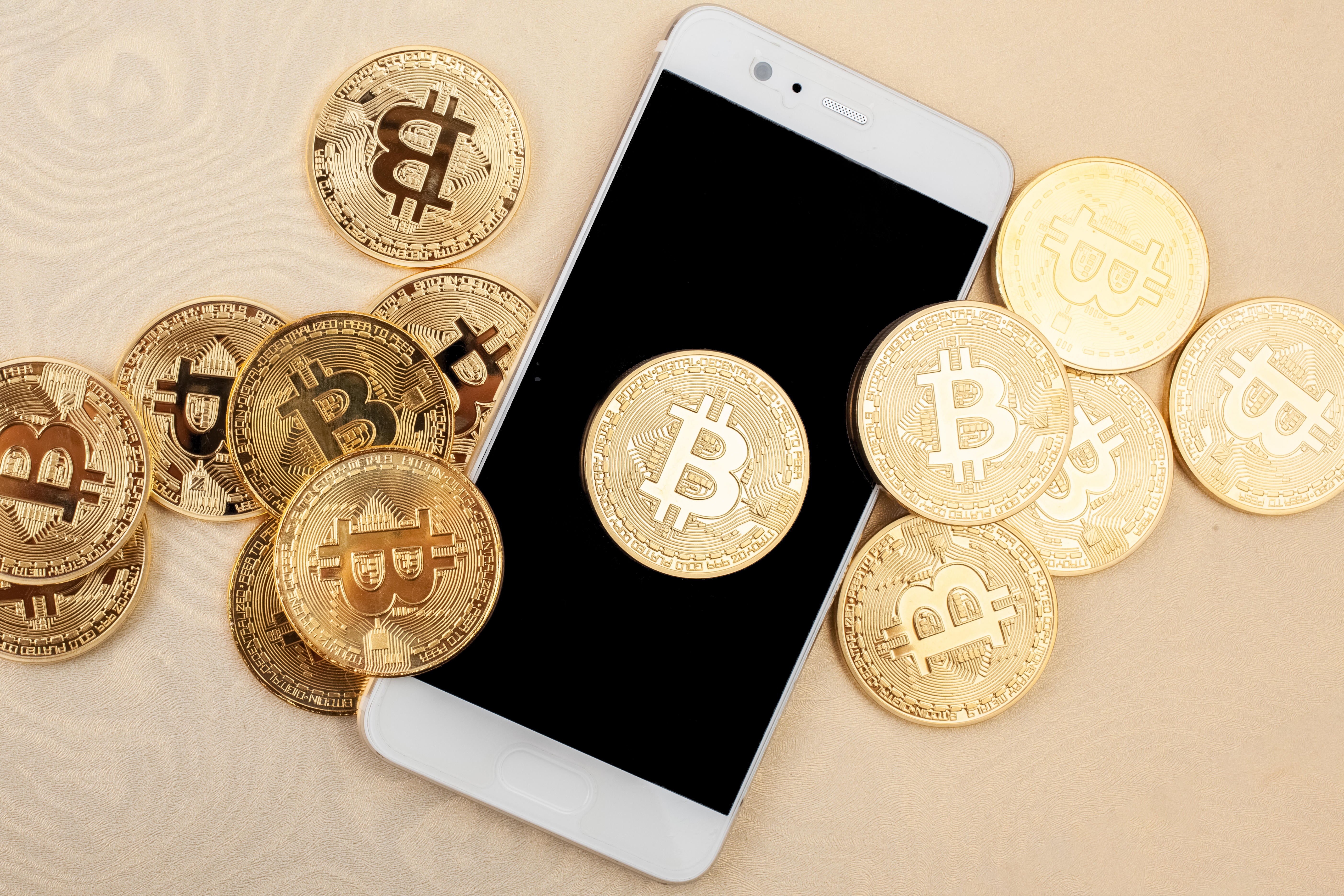Sanctions highlight need for regulation of crypto market, Bank officials say
The value of crypto assets around the world increased tenfold between early 2020 and November last year, hitting as high as 2.9 trillion dollars.

Your support helps us to tell the story
From reproductive rights to climate change to Big Tech, The Independent is on the ground when the story is developing. Whether it's investigating the financials of Elon Musk's pro-Trump PAC or producing our latest documentary, 'The A Word', which shines a light on the American women fighting for reproductive rights, we know how important it is to parse out the facts from the messaging.
At such a critical moment in US history, we need reporters on the ground. Your donation allows us to keep sending journalists to speak to both sides of the story.
The Independent is trusted by Americans across the entire political spectrum. And unlike many other quality news outlets, we choose not to lock Americans out of our reporting and analysis with paywalls. We believe quality journalism should be available to everyone, paid for by those who can afford it.
Your support makes all the difference.The ability for Russian elites to circumvent sanctions using cryptocurrencies makes it clear that regulators need to respond, the Bank of England has said.
Officials pointed out that it is unlikely that Russians will be able to launder their assets at scale through the crypto market, but that there has been an uptick in use of crypto assets since the unprovoked Russian invasion of Ukraine.
Its comments come a day after European Central Bank president Christine Lagarde warned that crypto markets “are certainly being used” to bypass sanctions.
In an update on Thursday, the Bank’s Financial Policy Committee (FPC) said: “Since the start of the Russian invasion of Ukraine, there has been heightened activity in crypto asset markets.
If the pace of growth seen in recent years continues, and as these assets become more interconnected with the wider financial system, cryptoassets will present a number of financial stability risks in the future
“While cryptoassets are unlikely to provide a feasible way to circumvent sanctions at scale currently, the possibility of such behaviour underscores the importance of ensuring innovation in cryptoassets is accompanied by effective public policy frameworks to mitigate risks to consumer protection, market integrity, money laundering and terrorist financing, and maintain broader trust and integrity in the financial system.”
The Bank has been looking at crypto markets for some time. It repeated again on Thursday that crypto assets, including bitcoin, are a small but growing part of the global economy.
The value of crypto assets around the world increased tenfold between early 2020 and November last year, hitting as high as 2.9 trillion dollars (£2.2 billion).
They have since fallen back to 1.7 trillion dollars, and make up around 0.4% of financial assets around the world.
“The FPC continues to judge that direct risks to the stability of the UK financial system from crypto assets are currently limited, reflecting their limited size and interconnectedness with the wider financial system,” the FPC said.
“However, if the pace of growth seen in recent years continues, and as these assets become more interconnected with the wider financial system, cryptoassets will present a number of financial stability risks in the future.”
The FPC said that if crypto technology performs similar roles to the traditional financial sector it should be covered by the same regulation, which could be adapted to ensure it is suitable.
On Wednesday, Christine Lagarde said that the amount of roubles being converted into crypto assets was high.
They are “certainly being used, as we speak, as a way to try to circumvent the sanctions that have been decided by many countries around the world against Russia,” she said, according to Bloomberg.